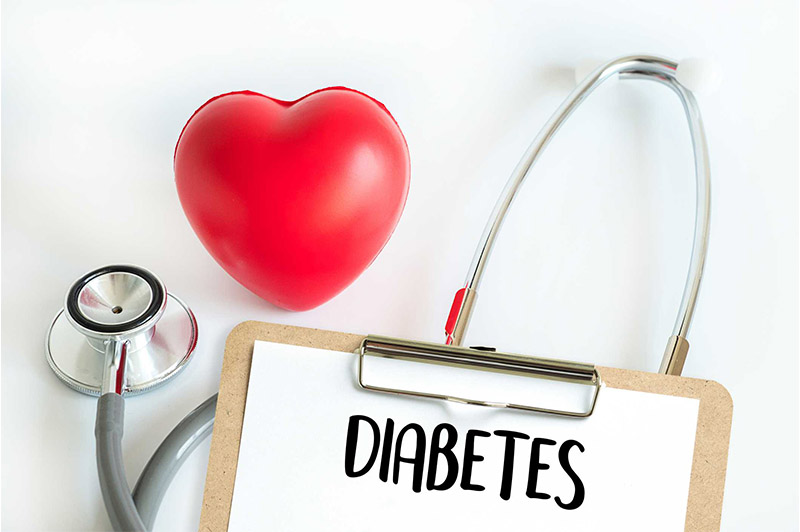
DIABETES MELLITUS
Diabetes mellitus is a chronic disease in which the amount of sugar in your blood is higher than normal. Chronic means that it is a long-lasting disease that doesn’t go away completely.
Sometimes called diabetes for short, the term diabetes mellitus is specific for what some have referred to colloquially as ‘sugar disease’. This is because there is also diabetes insipidus which does not affect blood glucose but has some similarities in symptoms such as excessive passing of urine and excessive thirst. Diabetes or DM in this article refers to diabetes mellitus.
This is the 1st of a series of articles that will discuss all you need to know about diabetes mellitus, its causes, types, symptoms, diagnoses, complications and treatment.
Over 400 million people all over the world have diabetes with most of them living in low and middle-income countries such as Nigeria and other countries in Africa. The number of people who have diabetes worldwide has been continuously increasing in the last 30 years and every year, many more people are being diagnosed. Unfortunately, some persons may not be diagnosed until they start to develop complications of the disease.
Diabetes is the most common cause of kidney failure and blindness in adults. It is also the most common reason why people have their leg amputated (cut-off).
WHAT CAUSES DIABETES MELLITUS?
In order to know what happens in diabetes mellitus, you need to understand what happens normally in the body.
When you have a meal or drink containing carbohydrates or sugar, your body absorbs it, and your blood sugar increases. Once your body senses this, your pancreas ( an organ behind your stomach) will release insulin which is like a key that opens up your tissues to take up some of the glucose in your blood.
As the glucose levels in your blood reduce, other substances such as glucagon are released which counteracts the action of insulin so that tissues stop taking up glucose and blood glucose levels are maintained within the normal range. In diabetes mellitus, the body loses the ability to maintain this control of blood sugar levels because of little or no insulin production in the pancreas (type 1) or the body tissues have become resistant to the action of insulin (type 2).
Sugar does not cause diabetes when taken in moderation. However, excessive intake of processed sugars (juices, chocolates, biscuits, candies, carbonated drinks) can contribute to obesity which increases risk of diabetes.
Causes of diabetes mellitus
Genetics Certain genes that you are born with can expose you to having diabetes. This is a common cause of type 2 diabetes which runs in families.
Autoimmune diseases These are diseases in which the body fights and destroys itself. It is the most common cause of type 1 diabetes.
Pregnancy
Pregnancy may affect the way your body handles sugar and cause an increase in blood sugar levels which will require medications. This is called gestational diabetes and would usually resolve after you have your baby.
Certain Tumors
When there is a tumor in the glands producing hormones that act opposite of insulin ( such as pancreas and pituitary gland), there is no control of the amount of hormone produced therefore the quantity is so much that it overpowers insulin and limits its action.
Drugs
Drugs such as steroids if taken for a long time can cause diabetes. Steroids may be taken by mouth or by rubbing on the skin. Body creams and tubes containing high amounts of steroids are sometimes used by Africans for skin lightening. What people call “organic” body creams for “toning” or lightening the skin contain such high doses of steroids.Some are mixtures of regular body creams and high-dose topical steroids. Most times, vendors do not give full disclosure of the contents of these mixtures.
These steroids absorbed into the body (because it is applied to a large area of the skin) may predispose an individual to diabetes.
Some take it orally to help them gain weight or increase their boobs, hips, and buttocks. In some parts of Nigeria, vendors are marketing high-dose steroids containing pills and concoctions in the guise of “supplements for weight gain”. Most times, they do not fully disclose the ingredients and sell to unsuspecting customers. Even though it brings about the desired weight gain, it may also result in diabetes and other complications.
Drugs that suppress immunity such as those prescribed after an organ transplant can cause diabetes.
In the next series, we will discuss the types of diabetes mellitus and what puts you at risk of having each type.





Thank you for this article. Indeed people perish for lack of knowledge.
Diabetes is one of the leading cause of mortality and morbidity in Africa. The major challenges seen is that of ignorance and this article will go a long way to educate and enlighten the Community on Diabetes.
Thank you and I cannot wait to read the next write up.
I’m following closely also learning. Can’t wait for the next episode
Very Educative especially now that diabetes is on the increase. Will sure recommend this website to people.
Thank you for your comment. Please feel free to share the link with your friends and family.